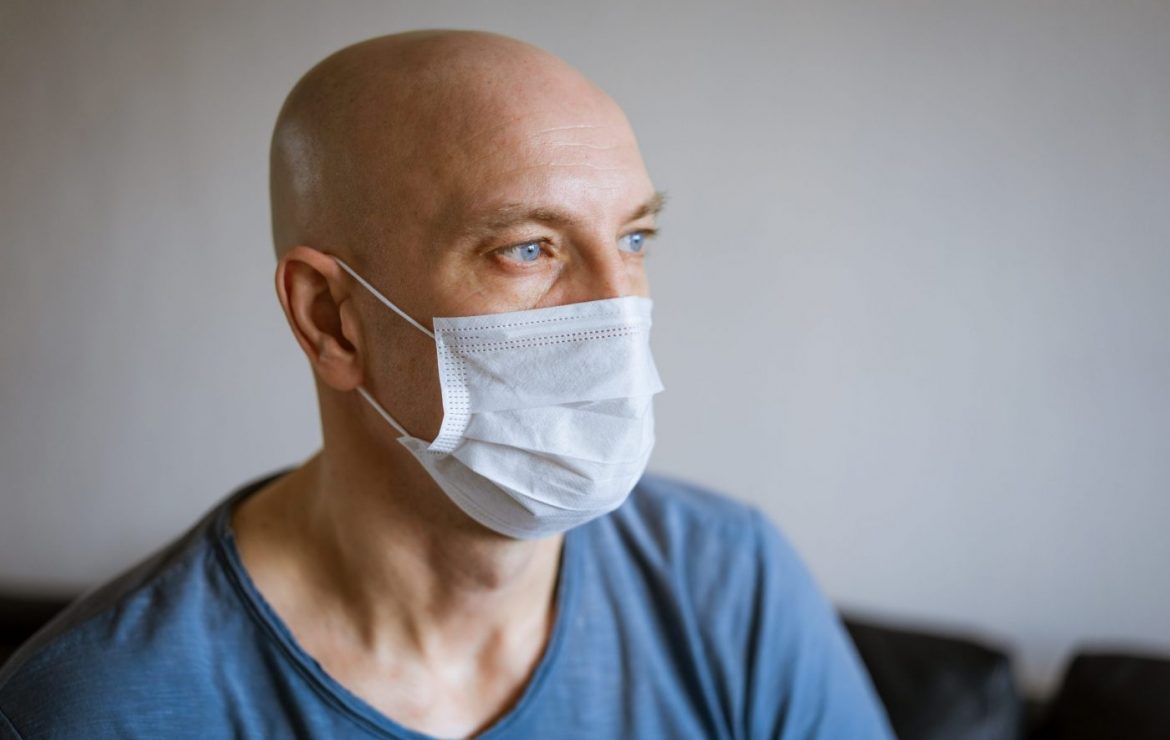Surgical Intervention vs. Clinical Trials in Cancer Treatment: Which is Preferable and Why?

Cancer treatment is a complex and multifaceted field, with various approaches tailored to individual patient needs. Two prominent options are surgical intervention and participation in clinical trials. Understanding the differences between these treatments and knowing when each might be preferable is crucial for making informed decisions. Here’s a detailed comparison of surgical intervention and clinical trials in cancer treatment.
Surgical Intervention
Overview
Surgical intervention involves physically removing the tumor from the body. It is often one of the first lines of defense against cancer, particularly when the tumor is localized and operable.
When Is Surgery Used?
- Early-Stage Cancers: Surgery is commonly used for early-stage cancers where the tumor is confined to one area and can be completely removed.
- Solid Tumors: It is particularly effective for solid tumors such as those found in breast, colon, lung, and prostate cancers.
- Palliative Care: Surgery can also be used to alleviate symptoms and improve quality of life in advanced cancer stages, even if it cannot cure the cancer.
Benefits of Surgical Intervention
- Immediate Removal: Surgery offers the immediate removal of cancerous tissue, which can be crucial for preventing the spread of the disease.
- Diagnostic and Staging Tool: It provides critical information about the cancer’s type, stage, and spread, which is essential for planning further treatment.
- Curative Potential: For some cancers, surgery can be curative if the entire tumor is removed successfully.
Risks and Limitations
- Invasive Nature: Surgery is invasive and requires recovery time, which can be significant depending on the extent of the operation.
- Not Suitable for All Cancers: It is not effective for blood cancers like leukemia or for tumors that have spread extensively.
- Potential for Complications: There is always a risk of complications, such as infection, bleeding, and adverse reactions to anesthesia.
Clinical Trials
Overview
Clinical trials are research studies that test new treatments or procedures in a controlled and monitored environment. These can include new drugs, combinations of treatments, or novel surgical techniques.
When Are Clinical Trials Used?
- Experimental Treatments: When standard treatments are ineffective, clinical trials offer access to new and potentially more effective therapies.
- Advanced or Rare Cancers: They are particularly valuable for advanced cancers or rare types where treatment options are limited.
- Personalized Medicine: Trials often explore personalized treatment approaches based on genetic profiling of the cancer.
Benefits of Clinical Trials
- Access to Innovative Treatments: Patients gain access to cutting-edge therapies that are not yet widely available.
- Contribution to Science: Participation helps advance medical research, potentially benefiting future patients.
- Comprehensive Care: Participants often receive high levels of monitoring and care from a team of specialists.
- Potential for Better Outcomes: Some trials have shown superior results compared to standard treatments, offering hope for improved survival and quality of life.
Risks and Limitations
- Experimental Nature: As clinical trials test new treatments, there is no guarantee of effectiveness, and unknown side effects may occur.
- Rigorous Eligibility Criteria: Not all patients qualify for clinical trials due to strict inclusion criteria.
- Placebo Concerns: Some trials involve placebos, meaning participants might not receive the experimental treatment.
- Uncertainty: There is inherent uncertainty in trial outcomes, as they are still in the experimental phase.
Which to Choose and Why?
Factors to Consider
- Stage and Type of Cancer: Early-stage cancers with localized tumors are often best treated with surgery. Advanced or rare cancers may benefit more from clinical trials.
- Overall Health and Preferences: Patients’ overall health, treatment goals, and preferences play a crucial role in deciding between surgery and clinical trials.
- Treatment History: Previous treatments and their outcomes can influence the choice. For example, if standard treatments have failed, a clinical trial may be a viable option.
- Availability of Trials: The availability of suitable clinical trials can also impact the decision.
Decision-Making Process
- Consultation with Healthcare Team: Discussing options with oncologists and specialists is essential. They can provide detailed information about the potential benefits and risks of each approach.
- Informed Consent: Understanding the implications of each treatment option, including possible outcomes and side effects, is crucial for making an informed decision.
- Second Opinions: Seeking second opinions can provide additional perspectives and help in making a well-rounded decision.
Both surgical intervention and clinical trials are vital components of cancer treatment, each with its distinct advantages and challenges. Surgery offers the immediate benefit of tumor removal, particularly for early-stage cancers, while clinical trials provide access to innovative treatments and contribute to the advancement of medical research. Choosing between these options depends on various factors, including the type and stage of cancer, overall health, and personal preferences. Consulting with healthcare providers and considering all available information can help patients make the best decision for their specific situation.















